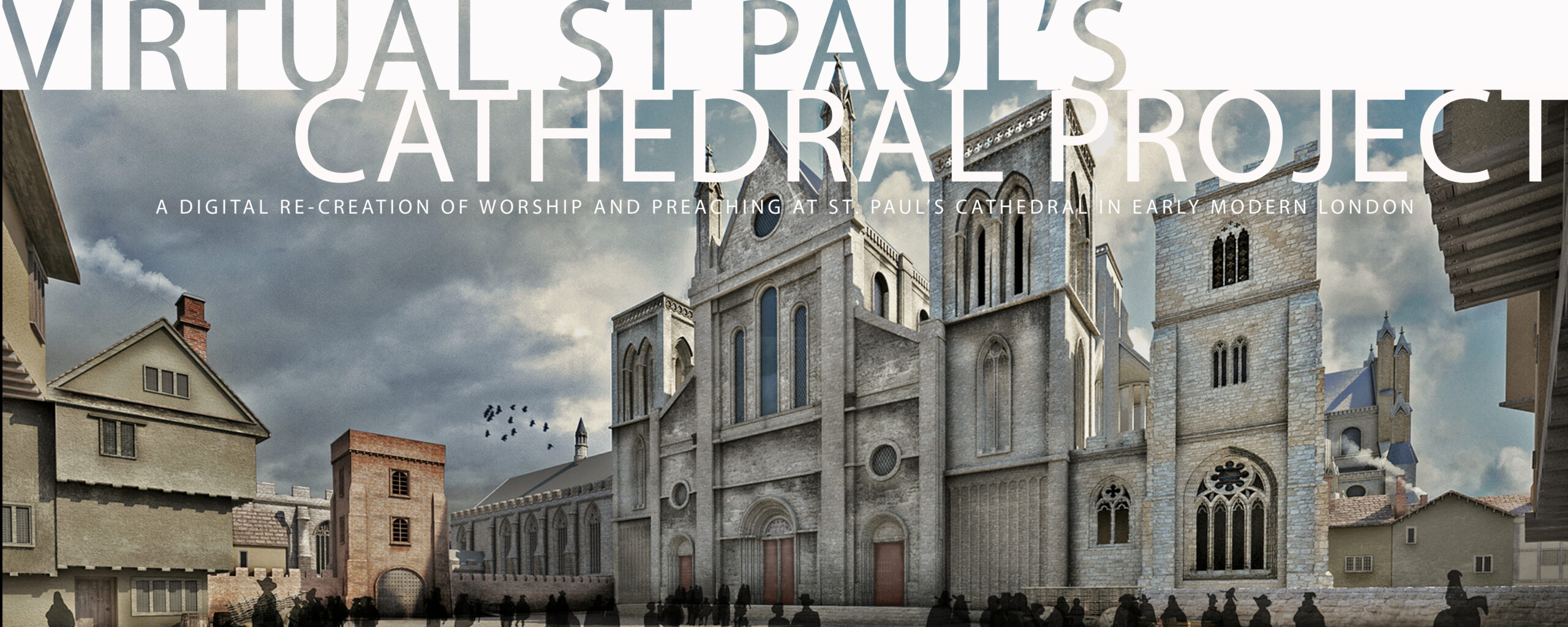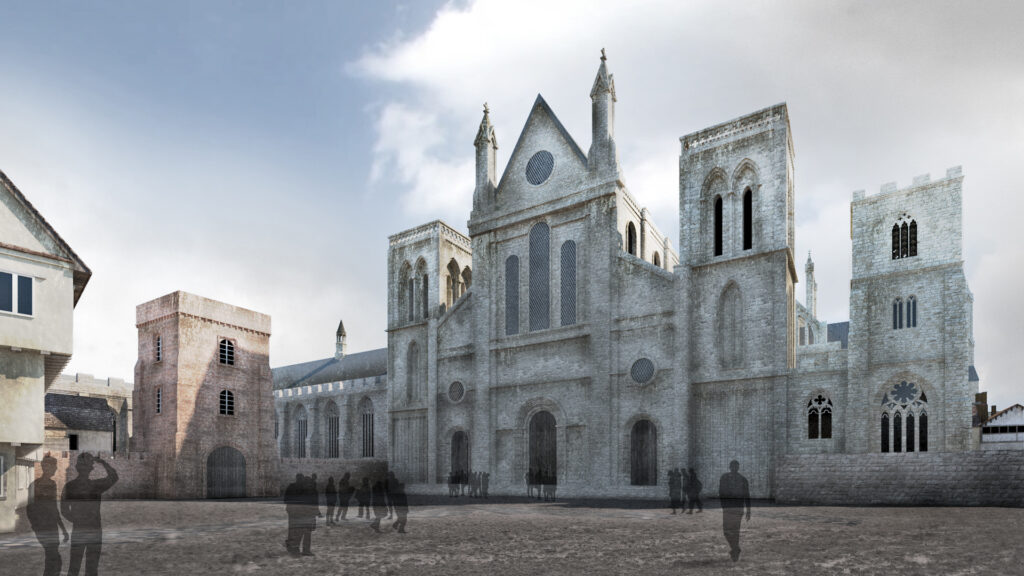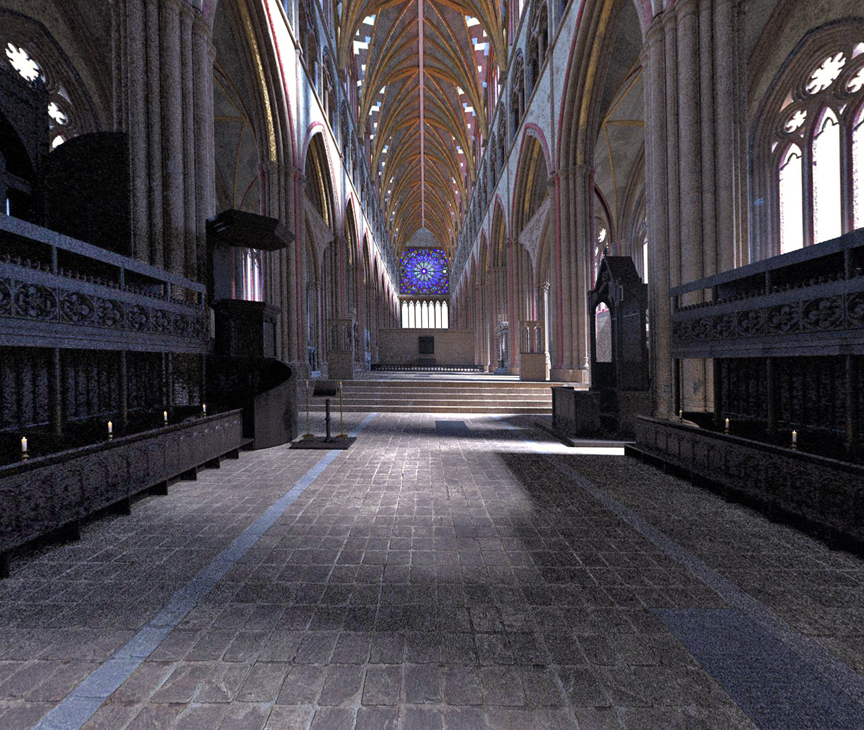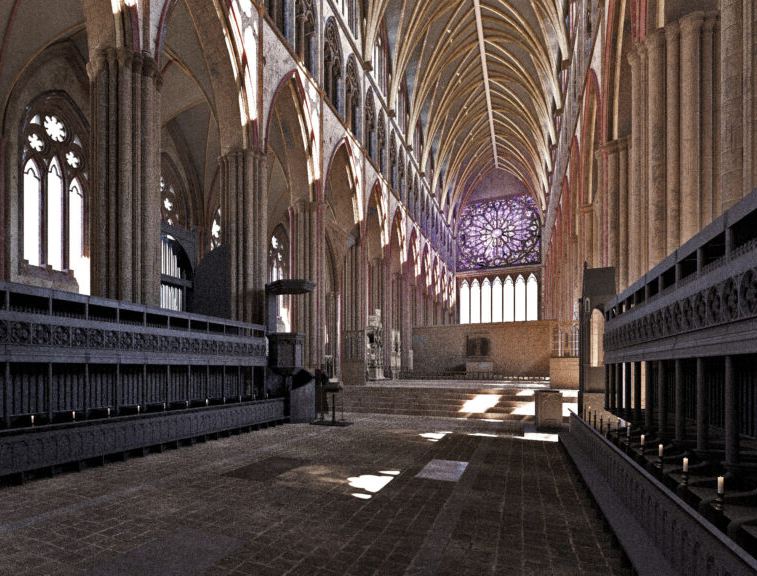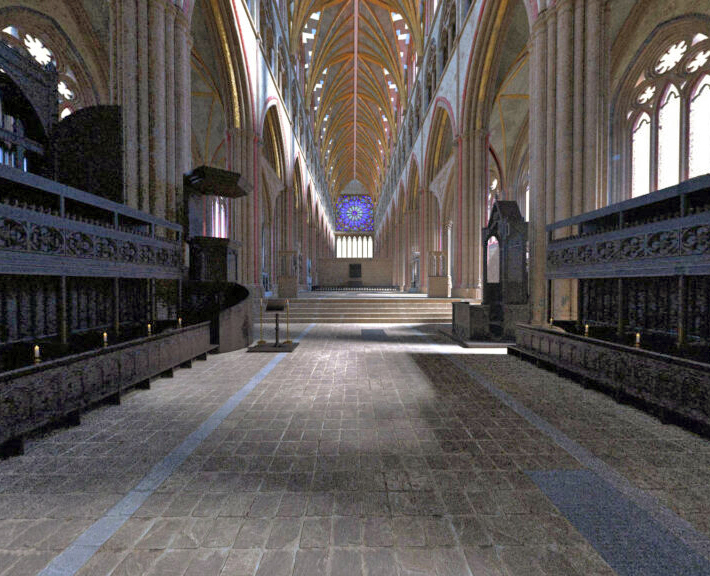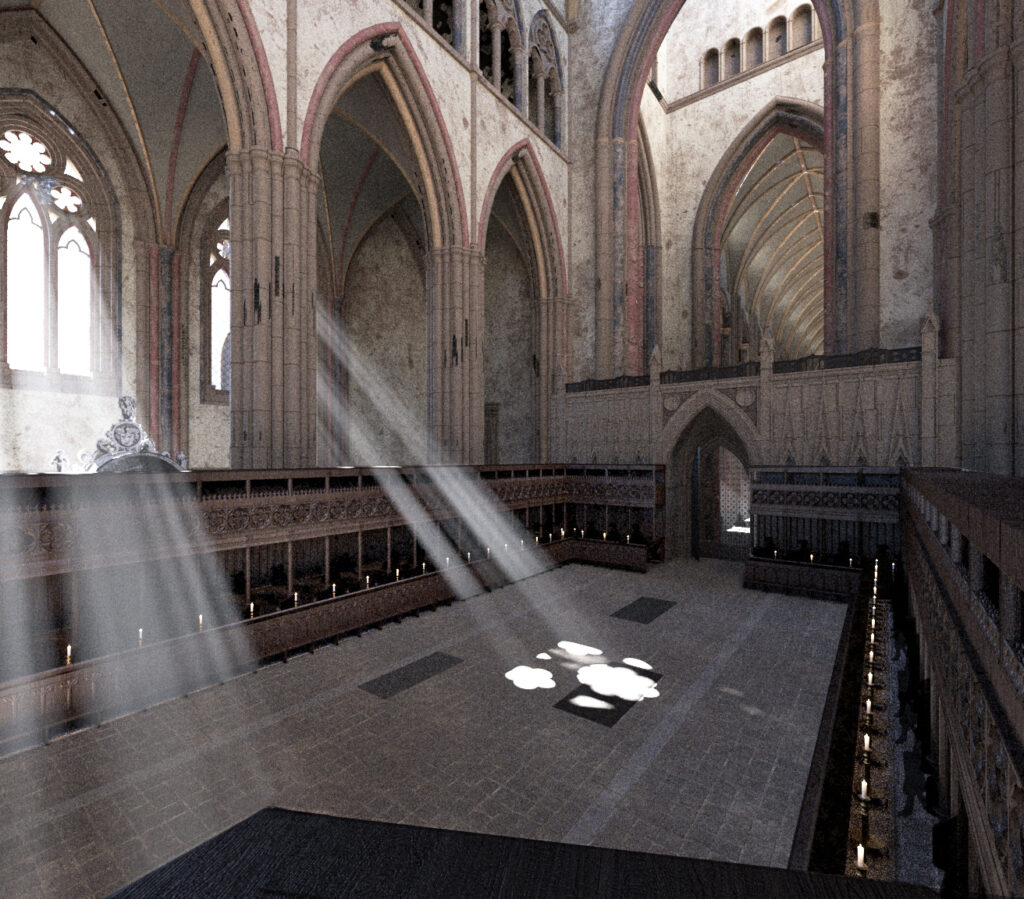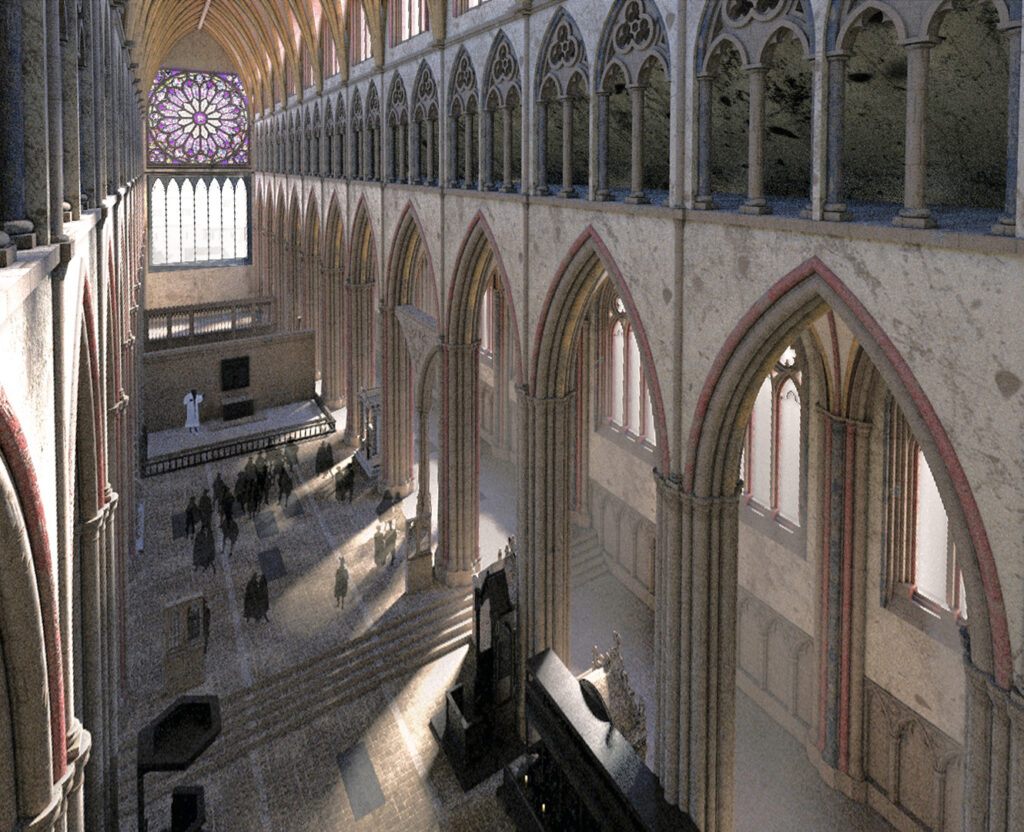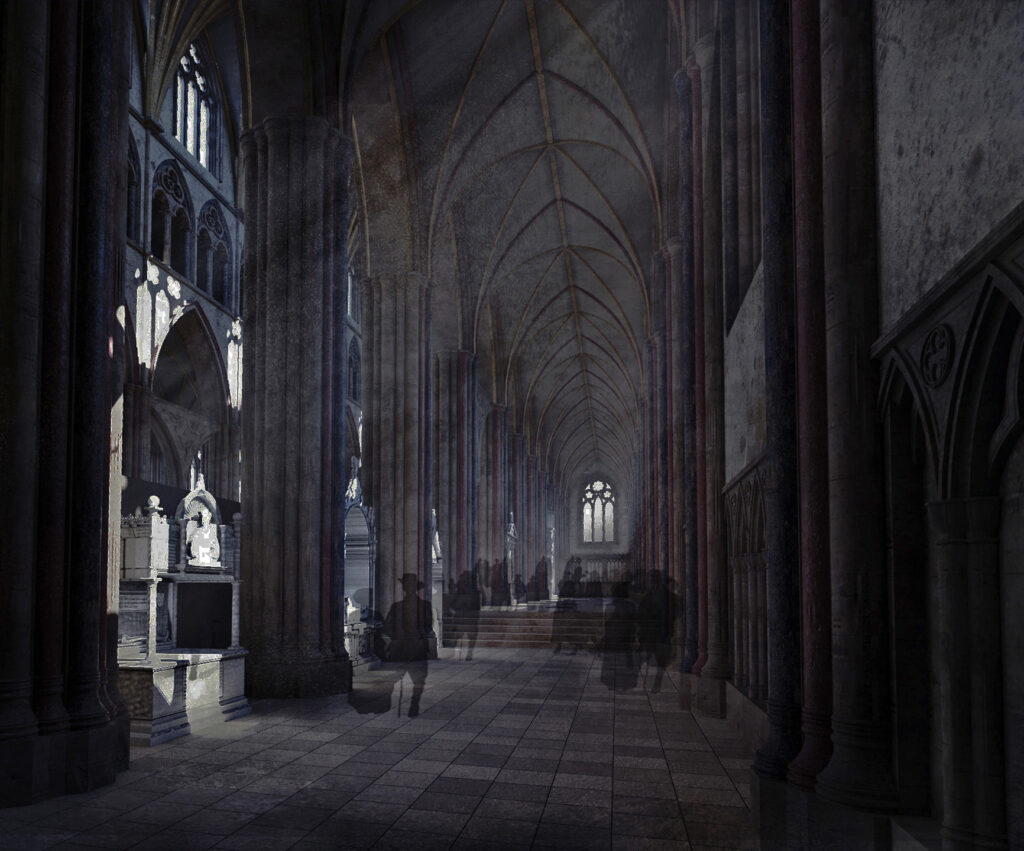It is now November . . . Now come the Countrey people all wet to the Market, and the toyling Carriers are pittifully moyled: The yong Herne and the Shoulerd are now fat for the great Feast . . . the Warriners now beginne to plie their harvest, and the Butcher, after a good bargaine drinks a health to the Grasier: the Cooke and the Comfitmaker, make ready for Christmas, and the Minstrels in the Countrey, beat their boyes for false fingring: Schollers before breakefast have a cold stomacke to their bookes, and a Master without Art is fit for an A. B. C. . . . The winds now are cold, and the Ayre chill, and the poore die through want of Charitie: Butter and Cheese beginne to rayse their prices, and Kitchen stuffe is a commoditie, that every man is not acquainted with. In summe, with a conceit of the chilling cold of it, I thus conclude in it: I hold it the discomfort of Nature, and Reasons patience.
— Nicholas Breton, Fantasticks (1626)
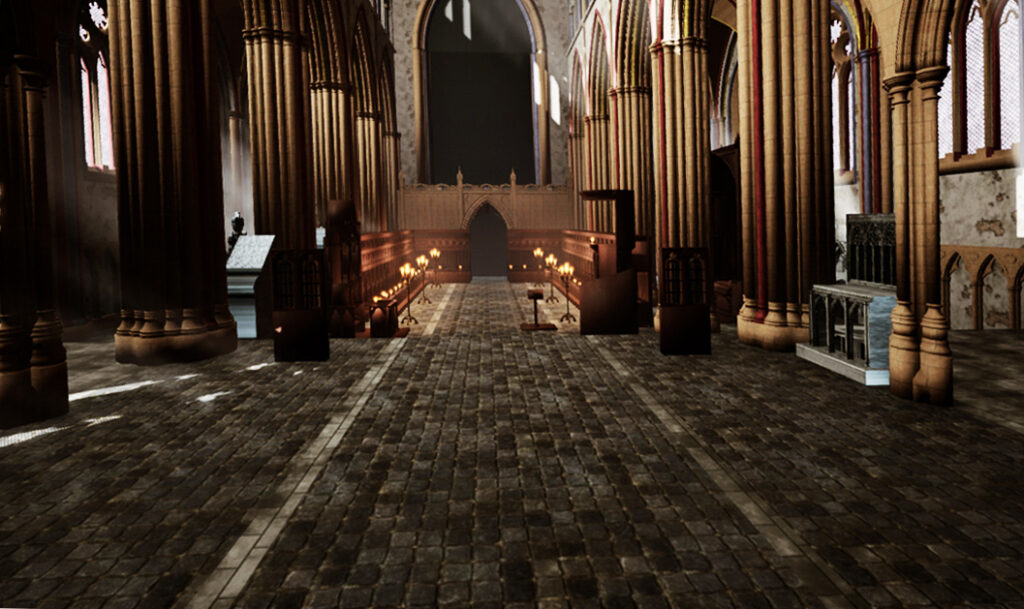
The Advent season of the Church Year begins on the Sunday that is the fourth Sunday before December 25th. The First Sunday in Advent, the beginning of a new Christian Year, always falls between November 27th and December 3rd. The Advent season always ends on December 24th. December 25th, Christmas Day, begins a new season of the Church Year, Christmastide, which includes the 12 days between and including December 25th and January 5th (Twelfth Night). January 6th, the Feast of the Epiphany, begins a new season of the Church Year, the Season of Epiphany, which runs from January 6th until Ash Wednesday, which begins the Season of Lent.
The choice of the Tuesday after the First Sunday in Advent for the second occasion to recreate worship services was a somewhat arbitrary choice. The goal was to choose a date on the Calendar of the Church Year that was an ordinary day, in effect just another day at the office for the clergy and choristers of St Paul’s Cathedral. This meant choosing a day that was not a Wednesday or Friday, when the Great Litany was added to Morning Prayer, or one of the thirty or so Holy Days.
There were a good number available. But we arrived at the Tuesday after the First Sunday in Advent, which, according to the Julian Calendar then in use in England was Tuesday, November 27th. A day early in the Advent season seemed to be a good choice because it comes at the beginning of a season of expectation, of looking forward, both to Christmas, with its remembrance of the birth of Jesus, and to the return of the Risen Christ at the end of time. This is in striking contrast to Easter, which is the culmination of the Season of Lent and especially of Holy Week, which in the Lectionaries of the 1604 Book of Common Prayer has a daily focus on Jesus’ Passion.
Links to the Services of the First Tuesday in Advent
Organize by Listening Position
